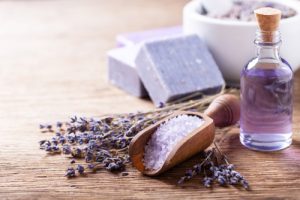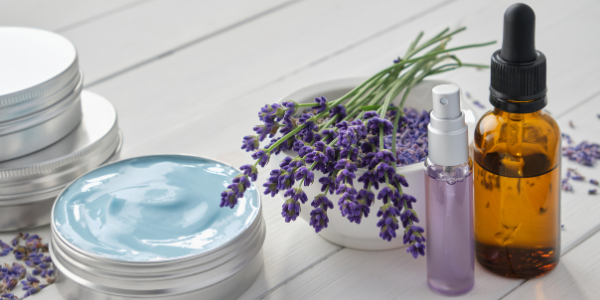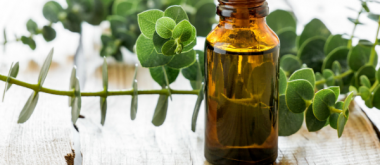The benefits of lavender as we age include reducing insomnia, inflammation and anxiety.
Getting older isn’t easy. If you struggle with chronic worry about our world or if you have a hard time getting quality sleep, using lavender as a fragrance, a topical or even an edible may be a great choice for your health.
Benefits of Lavender on Anxiety
The word lavender comes from the Latin lavare, meaning to wash. It was used as an additive to bathwater. Many people use lavender essential oil in their bath water to soothe skin and calm nerves.
It should be noted that studies on the benefits of lavender, particularly as an edible, are in the beginning stages. If you find a lavender essential oil to add to a fragrance infuser or to bathwater, be aware that this essential oil may not be pure enough to use as an edible. Never take any product containing an essential oil by mouth unless you can be sure of its purity.
Essential Oil Options
There is much anecdotal evidence of the mental health benefits of lavender use, but it’s important to be aware of your lavender source. You can steam your own lavender or buy it from a reputable supplier.
If you’re sensitive to any fragrances, avoid buying lavender oil blends. Find a pure lavender essential oil source, and simply use it for self-care or chronic conditions. Dab a tiny amount on your fingertips and rub it into your temples when you’re experiencing a stress headache or are worried about a problem. Track your pain, and note if and when the headache gets better.
DIY Options for Aging Health

Lavender in the Bath
One of the biggest benefits of lavender is as a bathwater additive. For safety’s sake, you may not be able to add oil to your bath; a slippery tub can be quite dangerous when you’re on your own or if your bone density is low. However, a drop or two of lavender essential oil in the tub can give you the chance to breathe in this soothing scent and relax in the warm water. Additionally, the cleaning power of lavender as an antifungal can be good for you from your feet to your scalp.
Hair Loss
Current anecdotal research indicates that those who suffer from hair loss conditions such as alopecia have had good luck using lavender to promote hair growth. You can mix lavender essential oil with a carrier oil, such as jojoba or almond oil, and lightly apply it to your scalp to see if lavender will help your hair loss.
When starting out with a new carrier oil, make sure you do a test. Apply just a bit of the plain carrier oil to the skin on the inside of your elbow. Check it in an hour to make sure you don’t react badly to the product. If your skin doesn’t react, you can add a drop of lavender essential oil to your carrier oil and rub it on your scalp.
Create a Spray
If you find that your skin can’t tolerate carrier oils, create a mixture of lavender essential oil, aloe vera and witch hazel in a small spray bottle and spritz it on:
- irritated skin, to soothe
- bald scalp, to thicken hair
- your feet, to avoid foot fungus
- your pillow before bed, to promote quality rest
Sunlight will oxidize essential oils, so keep your spray bottle mixes small and store them in a dark, cool cupboard.
Aging can be hard on your skin and your nerves, and lavender essential oils can greatly boost your ability to calm your mind, reduce skin irritation and improve your outlook overall. With the right blends, you can find applications for lavender throughout your home.





